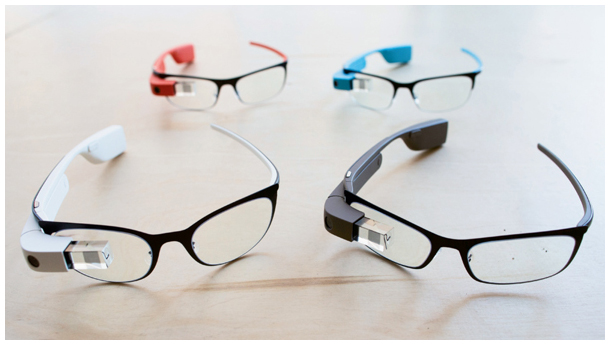 We know from the essence of Moore's Law that technology advancement will continue to astound us for the foreseeable future. The general understanding that every 18 months the power of computing will double while the cost is cut in half has resulted in an onslaught of new devices, new capabilities and new issues.
We know from the essence of Moore's Law that technology advancement will continue to astound us for the foreseeable future. The general understanding that every 18 months the power of computing will double while the cost is cut in half has resulted in an onslaught of new devices, new capabilities and new issues.
Things like Google Glass and Oculus VR (virtual reality) headsets are just two examples of a future once only dreamed of in science fiction books and movies.
On a practical level, we find in our homes devices and capabilities that are bringing huge convenience and efficiencies. Advances like intelligent appliances or remote control over every function in the home from your smartphone are driving technology deeper into every crevice of our existence.
Recommended For You
Want to continue reading?
Become a Free PropertyCasualty360 Digital Reader
Your access to unlimited PropertyCasualty360 content isn’t changing.
Once you are an ALM digital member, you’ll receive:
- Breaking insurance news and analysis, on-site and via our newsletters and custom alerts
- Weekly Insurance Speak podcast featuring exclusive interviews with industry leaders
- Educational webcasts, white papers, and ebooks from industry thought leaders
- Critical converage of the employee benefits and financial advisory markets on our other ALM sites, BenefitsPRO and ThinkAdvisor
Already have an account? Sign In Now
© 2025 ALM Global, LLC, All Rights Reserved. Request academic re-use from www.copyright.com. All other uses, submit a request to [email protected]. For more information visit Asset & Logo Licensing.








